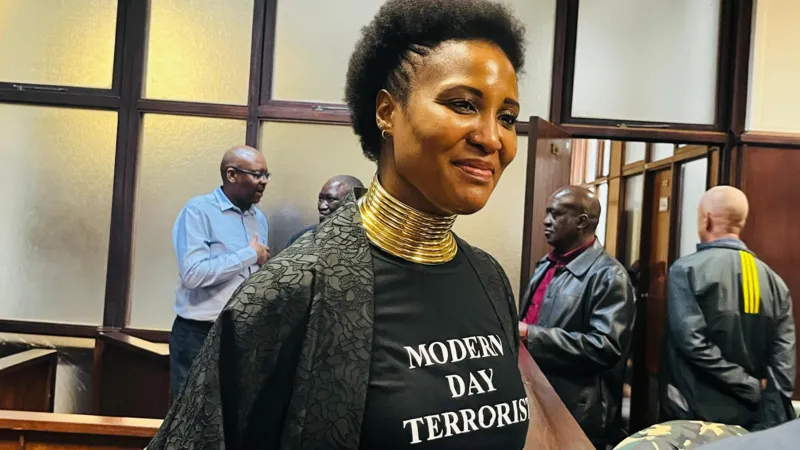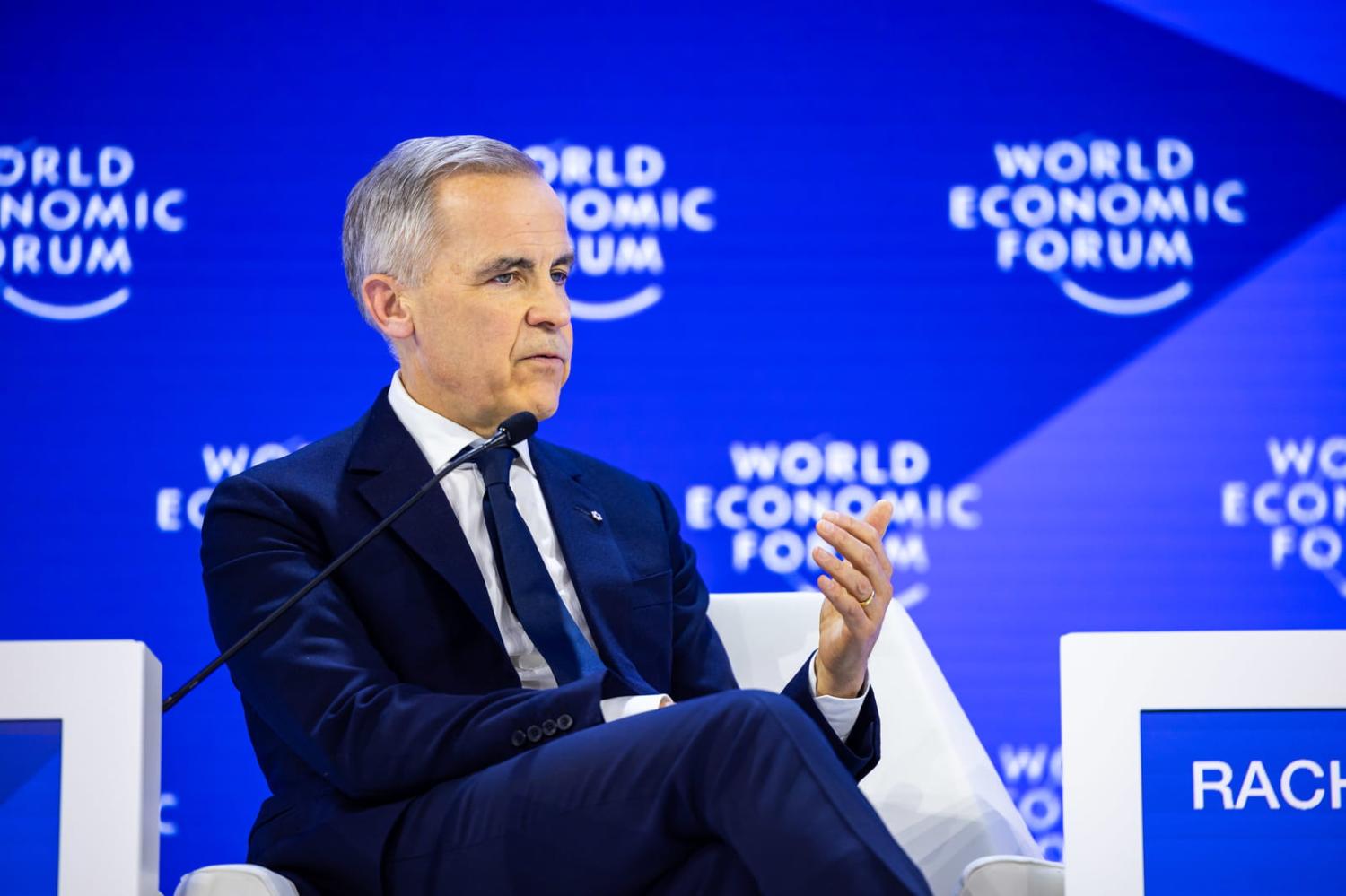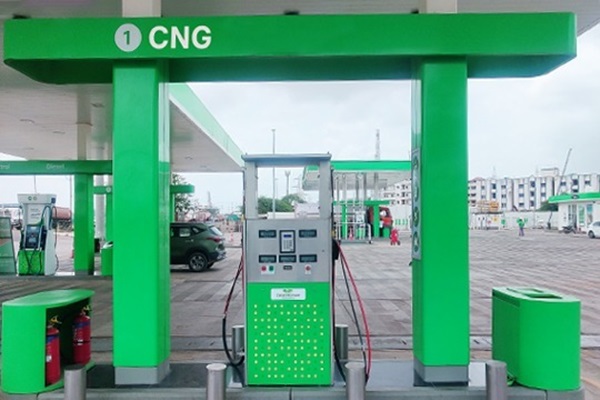South Africa’s long-running Zuma family saga takes another dramatic turn as Duduzile Zuma-Sambudla, daughter of former President Jacob Zuma, prepares to stand trial on terror-related charges linked to the 2021 riots that left over 300 people dead.
At 43, Zuma-Sambudla becomes the first South African to face prosecution for alleged incitement of terrorism via social media.
Background: The 2021 Unrest
The July 2021 riots erupted after Jacob Zuma was jailed for contempt of court, marking the worst violence since apartheid’s end.
Widespread looting, arson, and destruction swept across KwaZulu-Natal and Gauteng provinces, causing an estimated $2.8 billion in damage.
Prosecutors allege that Duduzile Zuma-Sambudla played a central role in inciting the violence, using social media to rally her father’s supporters.
The Charges
Zuma-Sambudla faces charges of:
-
Incitement to commit terrorism under South Africa’s Protection of Constitutional Democracy against Terrorist and Related Activities Act, and
-
Incitement to commit public violence.
The allegations stem from several posts on Twitter (now X), where she allegedly praised violent acts and encouraged continued unrest.
In one tweet, she shared a video of a burning vehicle transporter at Mooi Plaza, captioned:
“Mooi Plaza… We See You!!! Amandla ✊🏾✊🏾✊🏾 #FreeJacobZuma”
She also circulated a poster calling for the shutdown of KwaZulu-Natal, with the phrase “azishe” — Zulu slang for “let it burn” or “let it begin.”
Her Response
Zuma-Sambudla has denied all charges, calling the case politically motivated.
At a procedural hearing, she appeared wearing a shirt emblazoned with “Modern Day Terrorist”, a bold response mocking the state’s case.
Her lawyer has described the prosecution’s case as “weak” and “politically driven,” arguing it is an attempt to target her because of her father’s ongoing influence.
Political and Family Background
Born in Mozambique during her father’s exile, Duduzile Zuma-Sambudla is one of Jacob Zuma’s five children with his late wife, Kate Mantsho.
Her twin brother, Duduzane Zuma, gained notoriety for his business ties to the Gupta family, central to the corruption allegations that plagued their father’s presidency.
Duduzile largely stayed out of the public eye until her father’s imprisonment in 2021, after which she emerged as one of his most visible and vocal defenders.
Now a Member of Parliament for the uMkhonto weSizwe (MK) Party, she has become an influential political voice, despite holding no official leadership position.
Expert Opinions
Security analyst Willem Els of the Institute for Security Studies told the BBC that the case is “highly politicised with significant public interest.”
“It’s the first time in South Africa’s legal history that someone has been charged with inciting terrorism through social media,” Els noted.
He added that prosecutors face a “high evidentiary bar” to prove that Zuma-Sambudla’s posts directly incited violence.
Political science expert Prof Bheki Mngomezulu agreed, suggesting that the case is a “way of fighting her father.”
“If she wasn’t Jacob Zuma’s daughter, these charges would likely have been dropped long ago,” he said.
A Case Years in the Making
Zuma-Sambudla was only formally arrested in January 2025, nearly four years after the unrest.
The elite Hawks investigative unit and the National Prosecuting Authority (NPA) have described the case as complex, requiring external social media experts.
So far, few 2021 unrest cases have led to convictions. The South African Human Rights Commission says over 60 cases remain pending due to witness fears and lack of evidence.
Despite this, analysts believe the NPA wouldn’t have advanced the case unless it was confident in its findings.

The Political Fallout
The MK Party, led by Jacob Zuma, has denounced the charges as “trumped up” and a “social injustice.”
Party spokesperson Nhlamulo Ndlela called it a “political ploy meant to silence the Zuma family.”
Regardless of the outcome, observers say the trial could bolster Zuma-Sambudla’s image among MK supporters, framing her as a political martyr.
“The Zumas thrive on confrontation,” said Els. “This case might strengthen her—and her father’s—political standing.”
The Bigger Picture
As the trial begins, South Africa braces for renewed political tension and media frenzy.
For many, the case represents more than one woman’s social media posts—it symbolizes the deep political divisions and unresolved wounds left by Zuma’s turbulent presidency.







